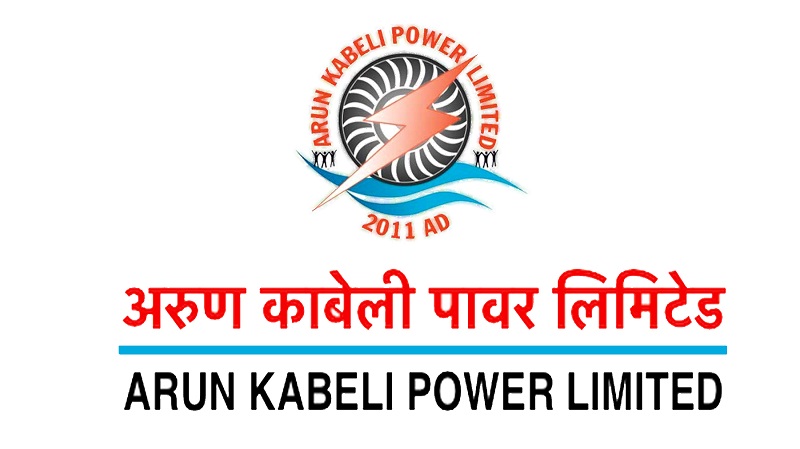Lalitpur Metro’s EV Mini Truck Tender: A Glimpse into Nepal’s Evolving Green Mobility Landscape
Lalitpur EV mini trucks
16th August 2025, Kathmandu
In a significant move towards embracing sustainable urban development and green technology, Lalitpur Metropolitan City has initiated a process to acquire 11 electric mini trucks for its waste collection fleet.
Lalitpur EV mini trucks
While the tender is a clear sign of the city’s commitment to modernizing its municipal services, it has also captured attention for a particularly unusual condition: the selected vendor must facilitate an overseas training program for up to five city staff members.
This landmark procurement signals a new era for public sector adoption of electric vehicles (EVs) in Nepal, setting a precedent that blends technological advancement with a unique focus on human resource development.
The tender, which was officially announced on July 11 (Asar 27), invites bids from companies capable of supplying pure electric, right-hand drive, rear-wheel drive mini trucks. The technical specifications are demanding, indicating a thorough and forward-thinking approach to the city’s needs.
The vehicles must have a minimum motor power of 40 kW, capable of producing 200 Nm of torque. Key dimensions are also specified, including a length of 3500 mm, a width of 1600 mm, a height of 1800 mm, and a wheelbase of 2500 mm. With a payload capacity of 1200 kg and a curb weight of 1300 kg, these mini trucks are expected to be robust enough to handle the rigorous demands of urban waste management.
Crucially, the battery technology has also been meticulously detailed. The trucks must be equipped with a lithium-ion or lithium iron phosphate battery, ensuring a high-performance and long-lasting power source. The specified WLTP range of 150 km and a top speed of at least 55 km/h are well-suited for the stop-and-go nature of waste collection routes within the metropolis.
The most talked-about aspect of this tender, however, is the compulsory training component. The winning company is not only tasked with supplying the vehicles but also with a comprehensive capacity-building program. This includes a week-long training session at their official service center in Nepal, but more notably, an all-expenses-paid trip to the vehicle’s manufacturing country.
The vendor will be responsible for covering all costs, including visa fees, airfare, accommodation, and other miscellaneous expenses for up to five technical staff from Lalitpur Metropolitan City. The inclusion of this training clause suggests a strategic decision by the metropolitan government to ensure the longevity and efficiency of its new fleet.
Electric vehicles, while simpler in mechanical terms, require specialized knowledge for battery management, power electronics, and software diagnostics. By investing in foreign training, Lalitpur Metropolis aims to create a highly skilled in-house team, reducing its long-term reliance on third-party service providers and ensuring the mini trucks remain operational for years to come.
This approach is not merely about procuring hardware; it’s about building a sustainable ecosystem for the future of urban infrastructure. The Lalitpur Metropolitan City’s procurement is part of a growing trend in Nepal. As the country leverages its significant hydroelectric potential to power a clean energy transition, the adoption of electric vehicles is accelerating across both the private and public sectors.
The benefits are clear: reduced reliance on imported fossil fuels, significant cuts in operational costs, and a substantial decrease in noise and air pollution in densely populated urban areas. The government’s policies, which include favorable tax structures for EVs, are further driving this shift.
In addition to the mini trucks, the metropolis has also issued a separate tender for two electric passenger vans, underscoring its broad commitment to a fully electrified fleet.
The bids for both tenders are scheduled to open on August 20 (Bhadra 4), marking a key milestone in Lalitpur’s journey toward becoming a greener, smarter city. For a country that has seen its fair share of infrastructure and technological challenges, this tender represents a progressive and holistic approach—one that understands that true innovation lies not just in the technology itself, but in the people who operate and maintain it.
For more: Lalitpur EV mini trucks







